Monrovia, Liberia – More than a week ago, a devastating blaze raged through the halls of power in Liberia’s capital, Monrovia, when the parliament building caught fire, destroying vital offices and archives.
The incident was the second fire in a week and came a day after several people were injured when police used tear gas to disperse protesters demanding the rule of law be followed in the removal of the speaker of the House of Representatives, amid an ongoing legislative impasse.
While a link between the protests and the fire, in which no casualty was reported, has not been proven, the police have questioned several people, including Speaker Jonathan Fonati Koffa.
So what happened in parliament last week, and how is it related to the current political tensions in Liberia?
What happened at parliament?
It was early morning on December 18 when flames and thick black smoke engulfed the upper reaches of the parliament building, causing substantial damage inside.
Several walls cracked from the intense heat; offices and the legislature’s joint chamber were destroyed. Firefighters using long hoses and water jets contained the spread of the blaze and it was brought under control.
Visiting the site, President Joseph Boakai condemned “a lot of wanton destruction” in the country, and suggested he believed the fire was politically motivated to divide the country.
The incident came eight days after an earlier fire scare happened within the legislative complex, leaving a wing of the complex cordoned off and causing no injuries. Fire services did not disclose what damage was done, but advised people to stay away from the area until investigations – that were ongoing before Wednesday’s blaze – had concluded.
Furthermore, a day before the December 18 fire, hundreds protested in the capital, calling for adherence to the rule of law amid a controversial move by lawmakers to remove Speaker Koffa – something that has resulted in a legislative impasse.
That protest turned chaotic when police tried to disperse people. According to the police, the use of tear gas was necessitated when protesters broke the barricades to the designated “non-protest zones”. They added that “only non-lethal force” was employed.
Dozens of protesters were detained after last Tuesday’s demonstrations, including Sekou Kalasco, an aide of former President George Weah.
In the aftermath of last week’s fire, authorities have not confirmed the cause, but police chief Gragray Coleman did not rule out arson.
The police also took four people in for questioning, including Speaker Koffa and sitting legislator Frank Saah Foko, who had reportedly made threats against the parliament chambers.
Foko, in addressing the legislative impasse, had earlier stated that “if the legislature cannot prioritise the Liberian people’s interest, they will burn down the session”.
Police chief Coleman noted last week: “Foko made a threat that he would burn the joint chambers and just a day after, it was burned. So he needs to clarify his statement.”
What is the legislative impasse about?
Although the cause of the fire has not been announced, there are concerns in Liberia that it may be linked to the protests and legislative impasse in the House of Representatives – one of the two bodies that constitute parliament.
The House is led by a speaker, a post currently held by Koffa, who is a lawyer and member of the Coalition of Democratic Change (CDC), the political party of former President Weah. However, opposing legislators have attempted to remove Koffa from office over claims that in his previous role as deputy speaker, he overspent his budget and manipulated the budget to divert millions of dollars to his office. He also faces accusations of conflict of interest regarding his law firm’s dealings with businesses and government agencies.
These allegations and attempts to remove him have caused months of tension in the country. In mid-October, a pro-Koffa legislator alleged that lawmakers in the House were being offered $15,000 by anti-Koffa lawmakers to sign a written resolution calling for his removal.
Opponents, who have self-styled themselves as the “majority bloc” in parliament, have denied the allegation of financial inducement, claiming that their resolution to remove the speaker is based on allegations of his gross corruption and financial mismanagement. Those legislators have “call[ed] on the Liberia Anti-Corruption Commission to immediately launch an investigation into Koffa’s financial dealings”, they said.
They have also boycotted parliamentary sessions, choosing instead to hold separate sessions, and have elected Richard Koon of the governing Unity Party, as speaker for their faction. Both factions are claiming their sessions are valid. The government had earlier submitted the budget to both sessions but has now recognised the anti-Koffa session as legitimate.
Koffa became house speaker in January this year when he defeated Koon by five votes.

Koffa has denied the allegations against him, condemned the anti-Koffa bloc and said the opposing legislators should return to session with their complaint against him, stating that if they do, he will “recuse himself from presiding until the matter is resolved”.
Koffa also added that “the genuine issues that legislators raised to me personally were not listed on the resolution – issues involving committee assignment and interactions, and treatment of legislators by certain committee chairpersons – … those are the issues that will resolve this crisis”.
Weah has also accused the governing party of “efforts to undermine democratic and constitutional institutions by using ill-gotten funds from the national coffers to influence the unjust removal of speaker”. His CDC party has suspended 10 of its legislators who signed the resolution against Koffa.
In the 73-member House, the CDC has 25 members, while the Unity Party has 11. There are 19 legislators who won as independents. The remaining 18 seats were won by nine other parties.
According to Liberian law, a two-thirds majority of the House must vote for a speaker to be removed, and 37 legislators are needed to ensure a quorum. Thus far, only 45 members have signed the resolution against Koffa.
So, while the anti-Koffa bloc has not met the required number of votes to remove the speaker, their boycotting of sessions has resulted in the pro-Koffa faction being unable to meet the quorum.
This has resulted in a parliament deadlock, with core legislative functions brought to a halt, and delays in the passage of critical instruments, including the country’s budget.
Experts say the impasse also has other far-reaching consequences. “The legislative impasse has increased the mistrust Liberians have for their government,” said Aaron Weah, a researcher and director of Ducor Institute, a Liberian think tank, “We also see on the sideline as a possible effect, the message that violence by non-state actors – like possibly the fire incident – can be used when negotiation shuts down,” he added.

In November, Koffa proceeded to the Supreme Court requesting that the majority bloc’s actions be declared illegitimate and that they be forced to return to service.
In its ruling, the court said members of the majority bloc could not be forced to return to session as the House had no rules compelling attendance. It added that actions at the legislature not in conformity with the law should be declared illegal but did not specifically name which faction’s actions are illegal.
As a result of the ambiguity, both factions are claiming the actions of the other are illegal.
Liberia’s government has interpreted the court’s ruling as being in favour of the majority bloc.
However, Koffa told the press that “there is a conscious effort to ignore and defy the Supreme Court ruling”, adding, “the absentee lawmakers are getting aid and comfort from the executive branch”.
For Gerald Yeakula, a programme officer at Center for Transparency and Accountability in Liberia (CENTAL), a nonprofit and Liberia’s national chapter of Transparency International, “The situation at the Capitol represents an epic political battle to which the rule of law has all but succumbed.
“This is made evident by the fact that the Supreme Court recently failed to clearly call out which group of legislators are proceeding illegally,” he said. “The likely triumph of the ‘majority bloc’ solidifies a dangerous precedent whereby a speaker can be removed by his colleagues without any cause as required by the constitution.”
Koffa has now approached the Supreme Court asking for clarity regarding the interpretation of the ruling.

What next?
With Koffa’s refusal to resign from the speakership despite pressure, analysts say the saga is far from over, and how it ends would not only set a precedent as to how legislative political matters can be settled but could have further implications for democracy.
“How the legislative impasse ends is very important for the country and our democracy going forward,” said analyst Weah (no relation to former President Weah). “The legislative impasse is a signal of the kind of democracy Liberia will see in the coming years. We have a very young population, so if we do not hold our legislatures to rules and procedures, it will set the tone for how similar matters are settled.”
Additionally, the United States embassy and regional bloc ECOWAS have called for security agencies to investigate the cause of the blaze.
The Liberian government has condemned the fire, with President Boakai calling on the Ministry of Justice and security agencies to investigate with a promise to deal with the culprits. The police offered a $5,000 reward for more information.
Furthermore, the Liberia National Fire Service has said an investigation is ongoing but has indicated that it suspects the fire was caused by flammable substances such as petrol, chemicals or grease.
Separately, in a December 20 social media post, Richard Koon, the elected speaker of the anti-Koffa faction, said: “This attack on the Capitol Building cannot and will not go unpunished. It is a call to action for all of us to recommit to the principles of democracy, peace, and justice. Let us honour this painful moment by strengthening our resolve to build a Liberia where such tragedies are unthinkable.”
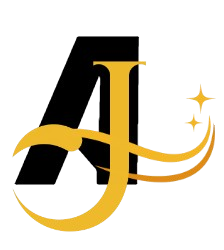
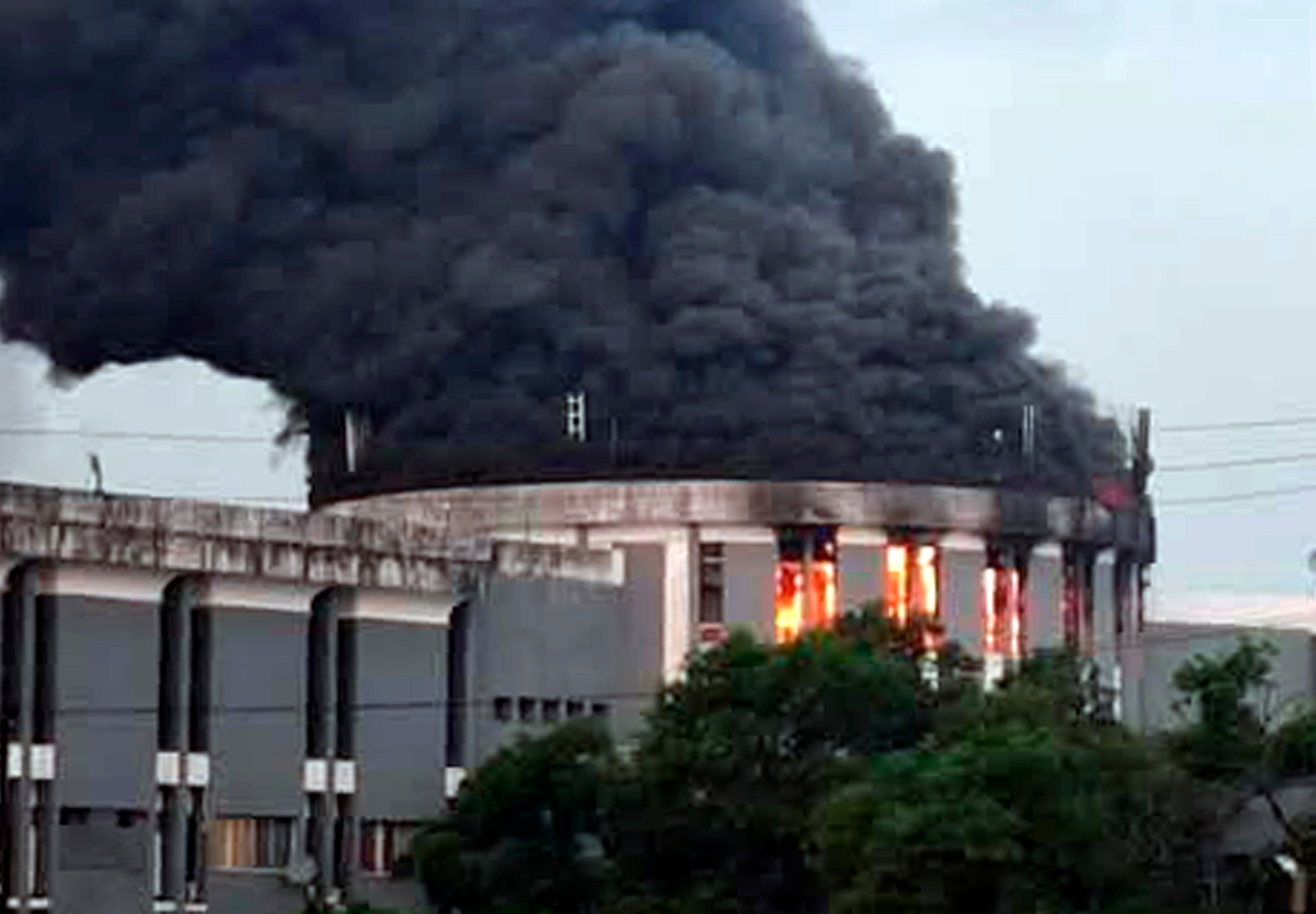
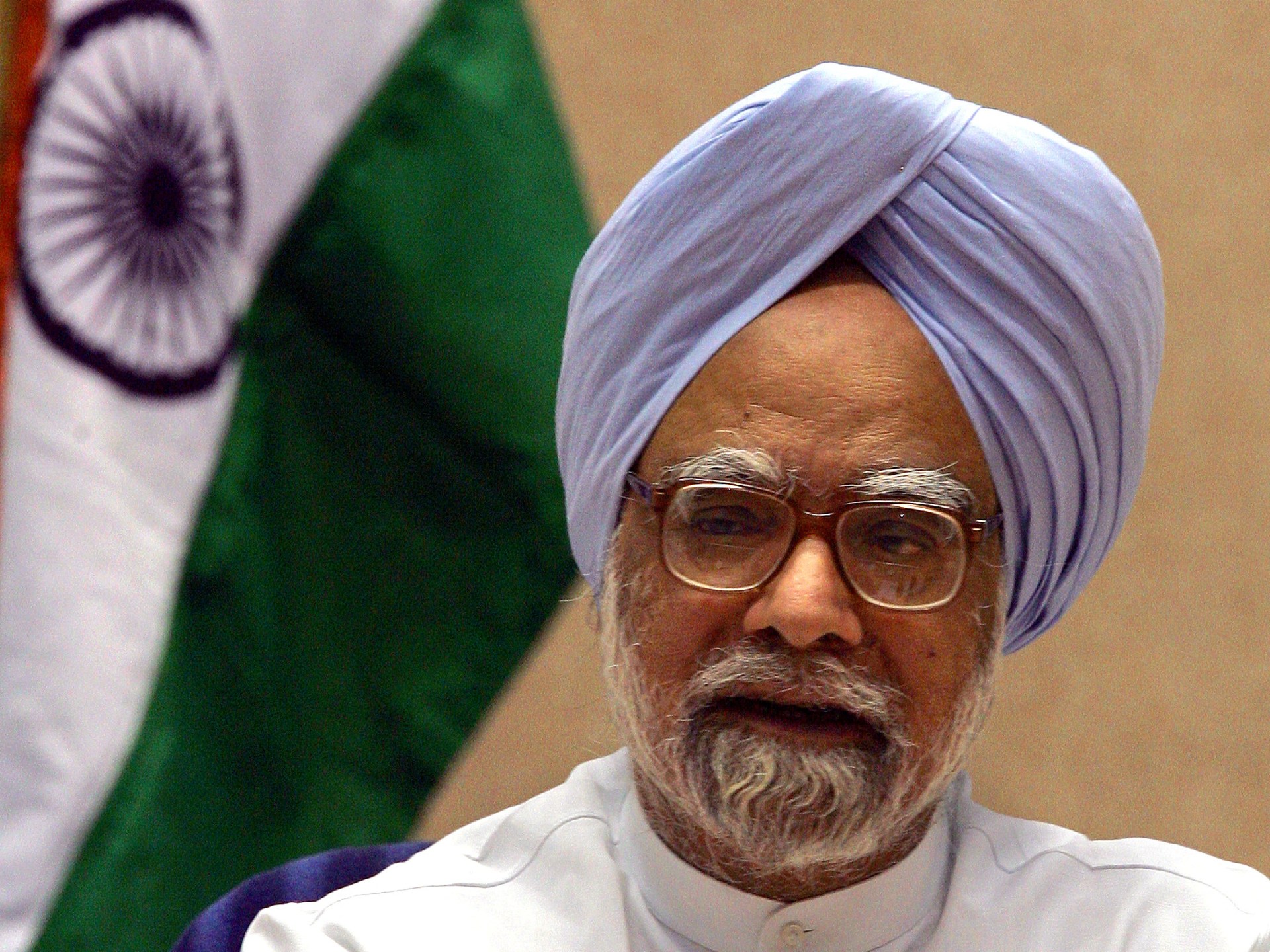

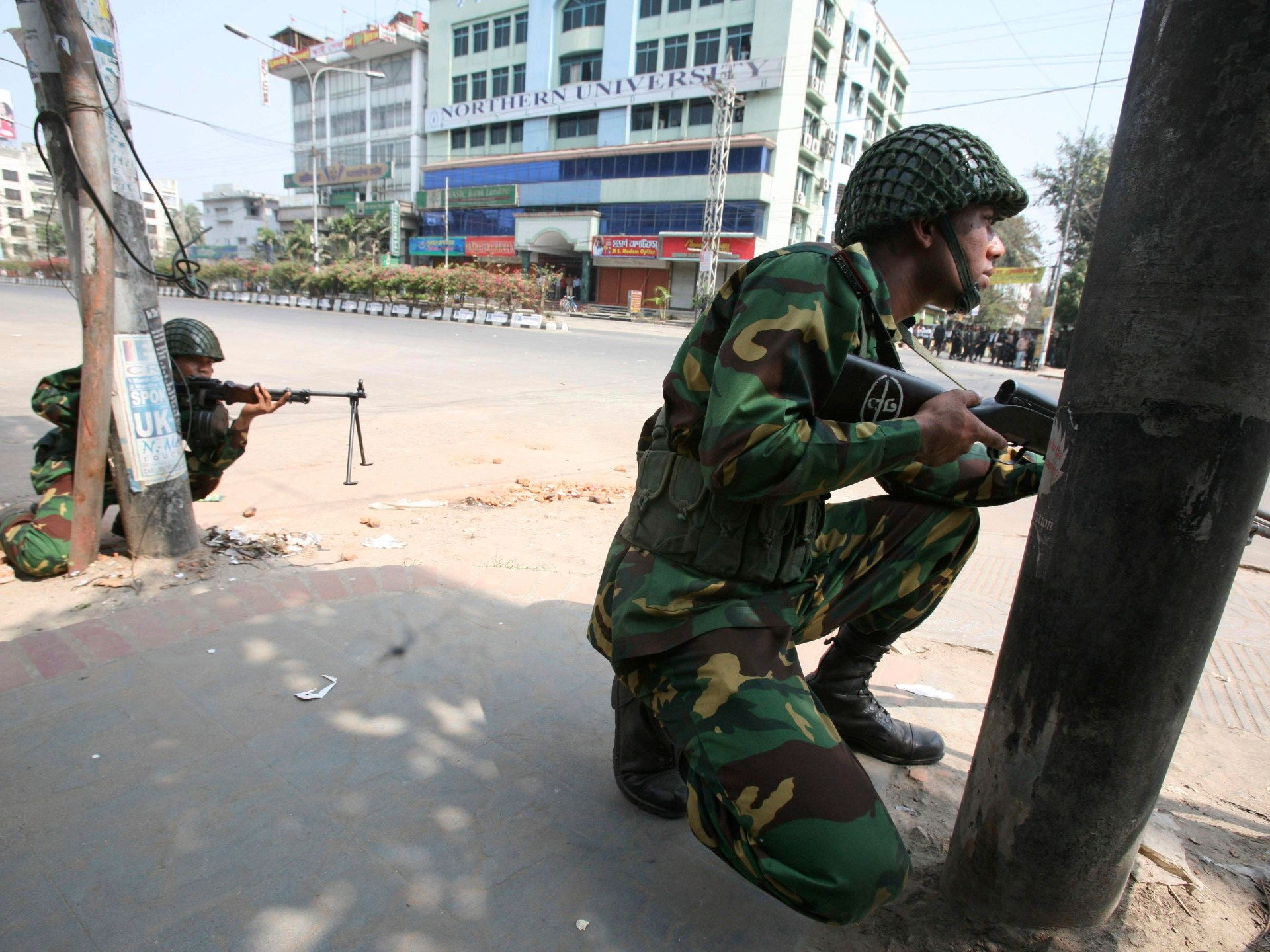
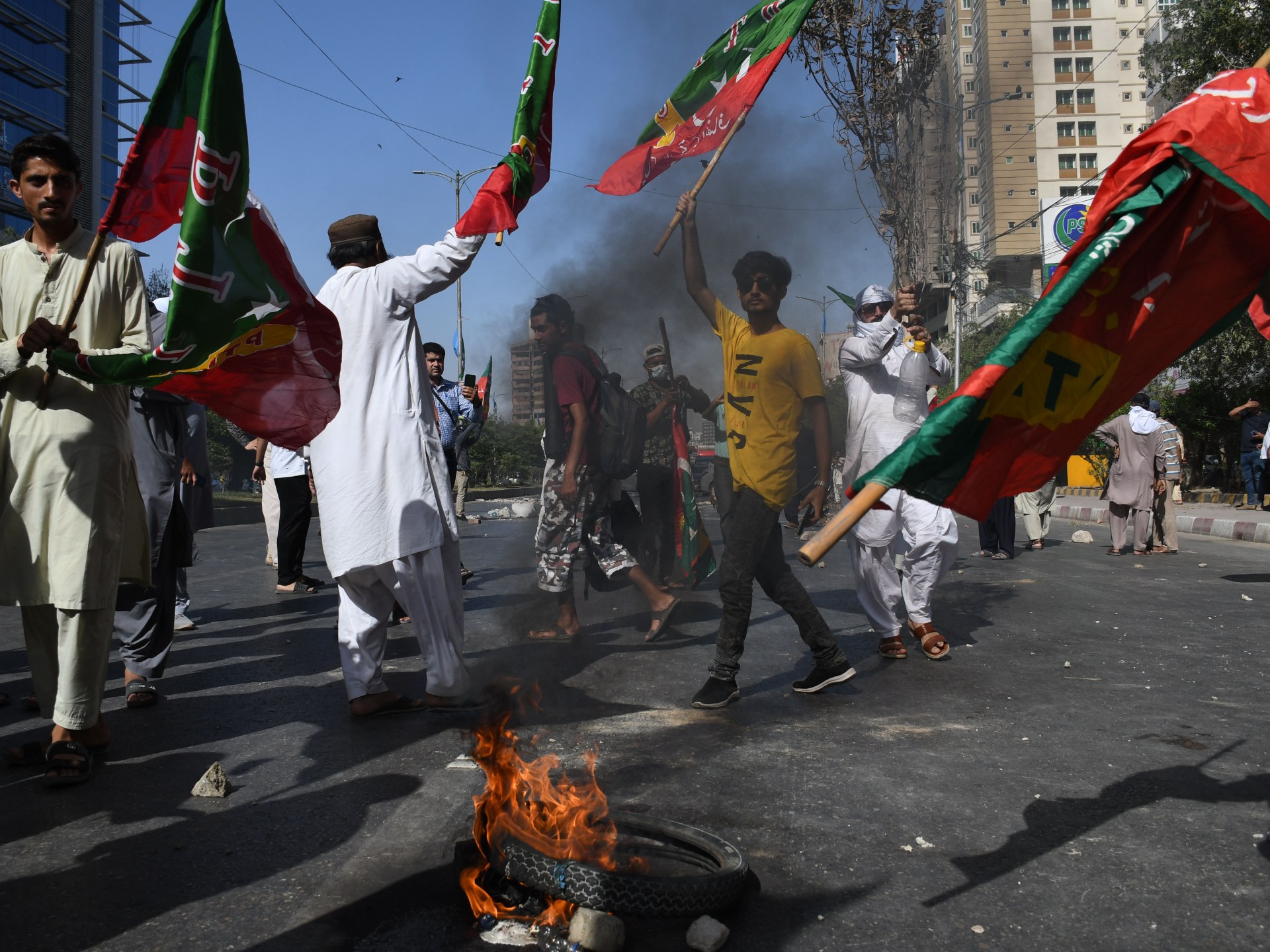
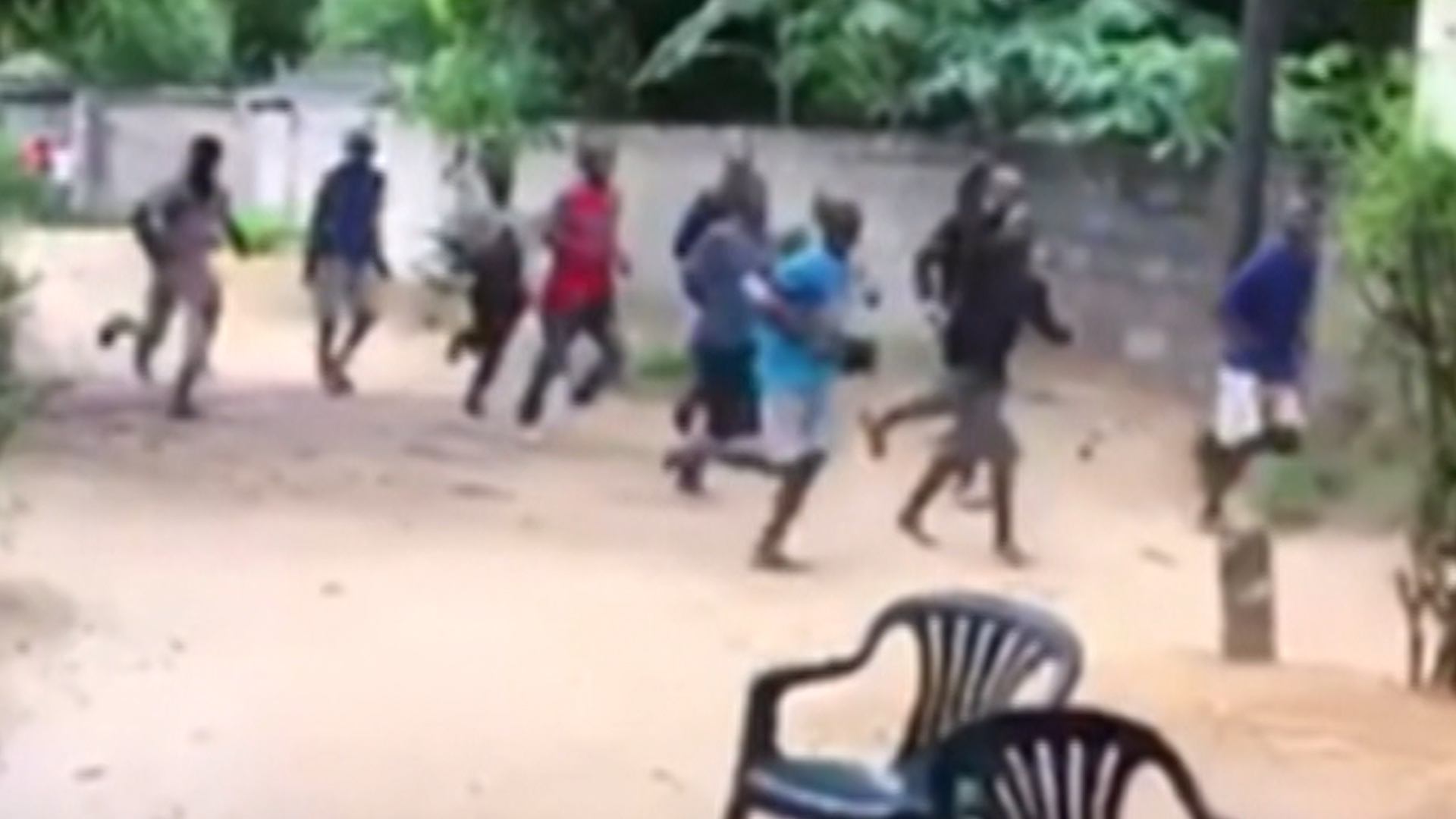
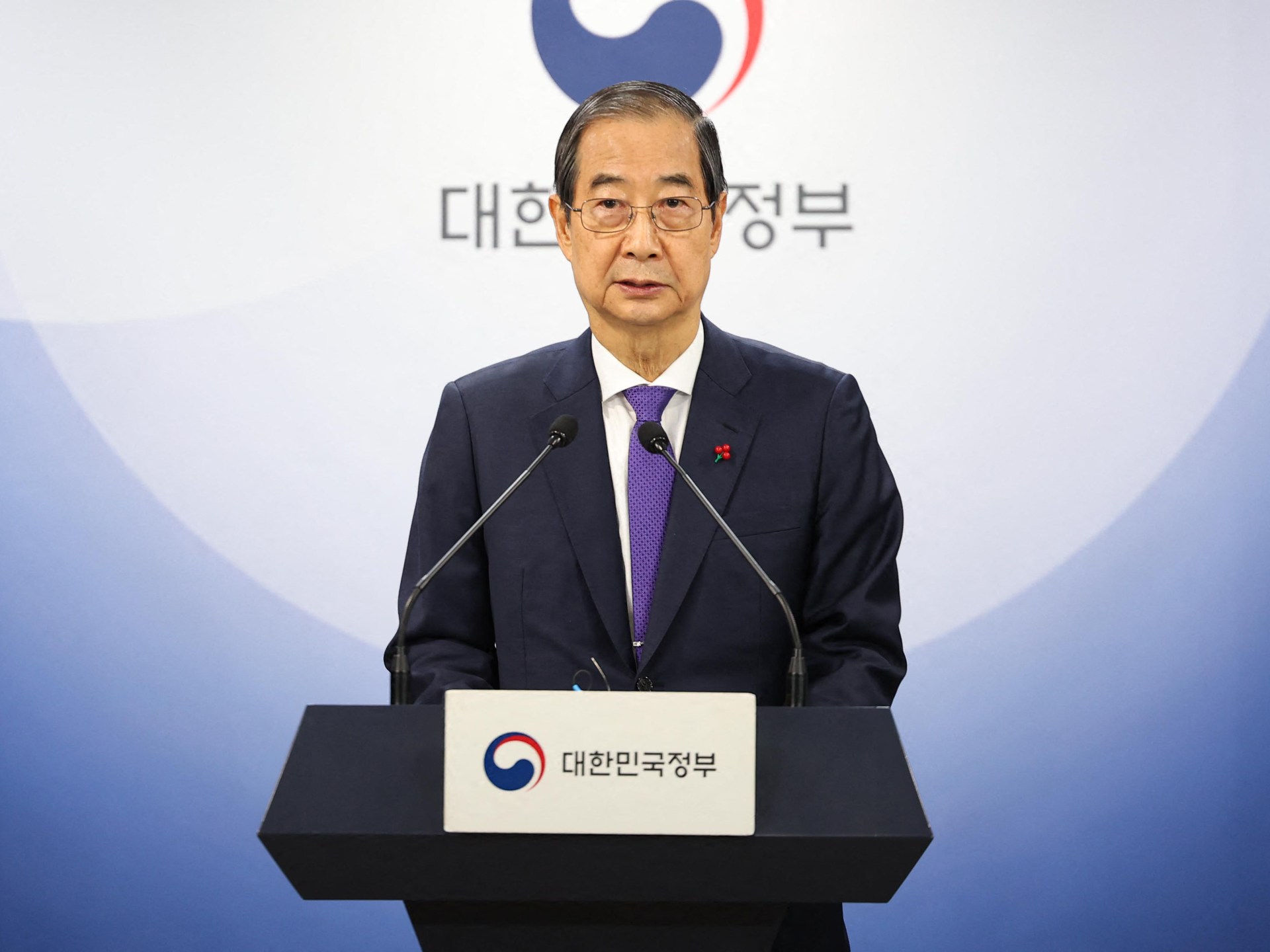
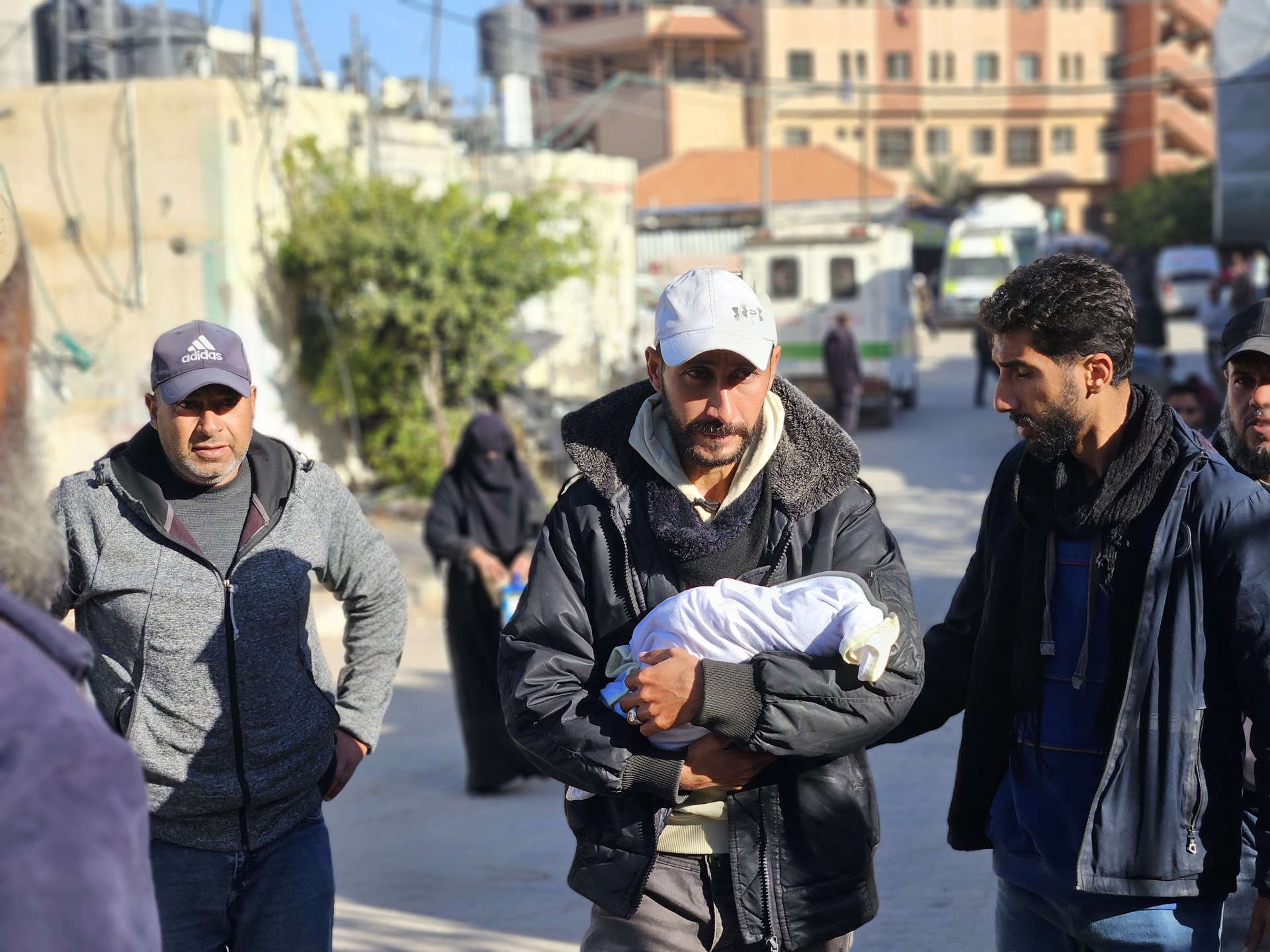
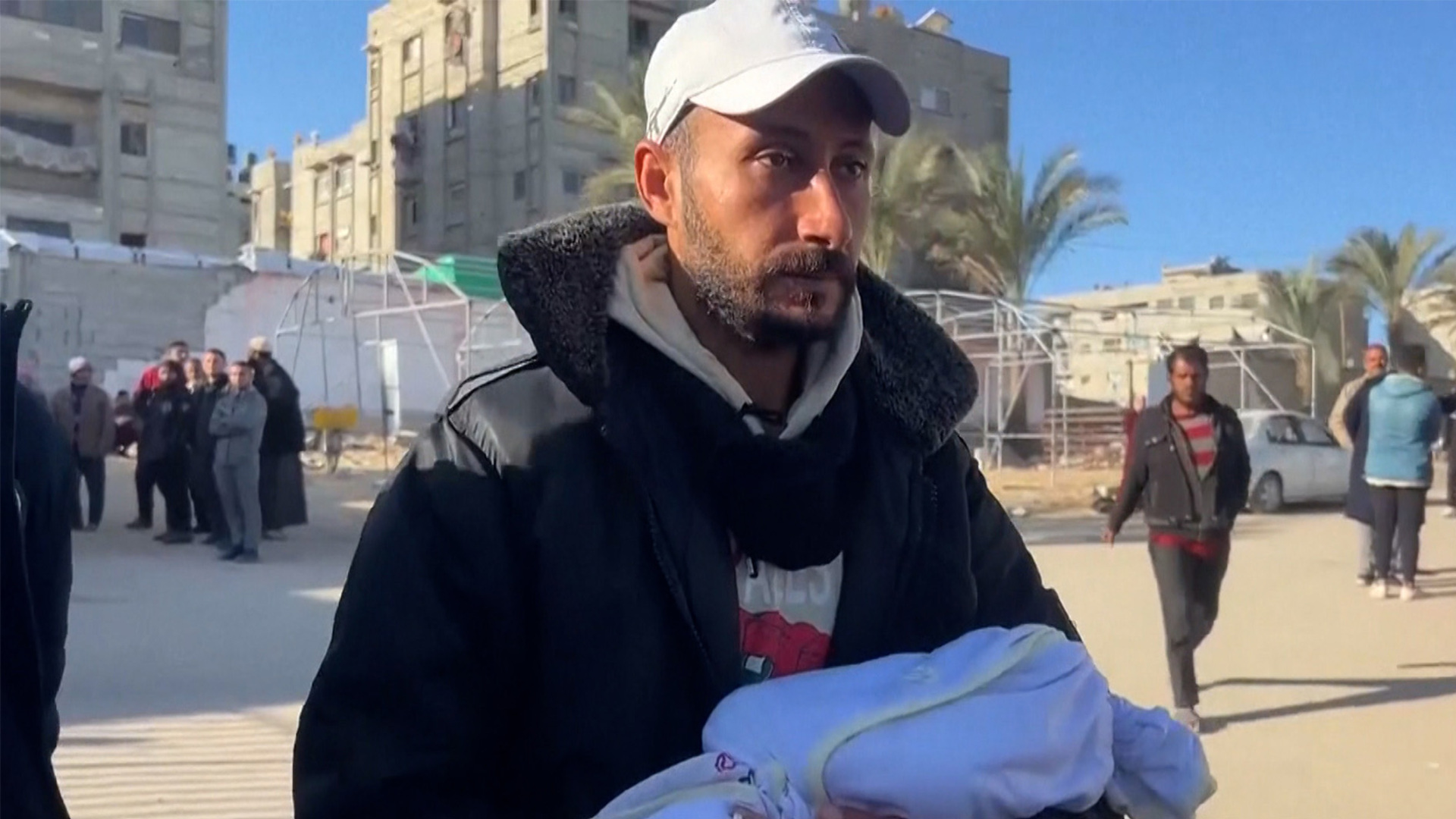
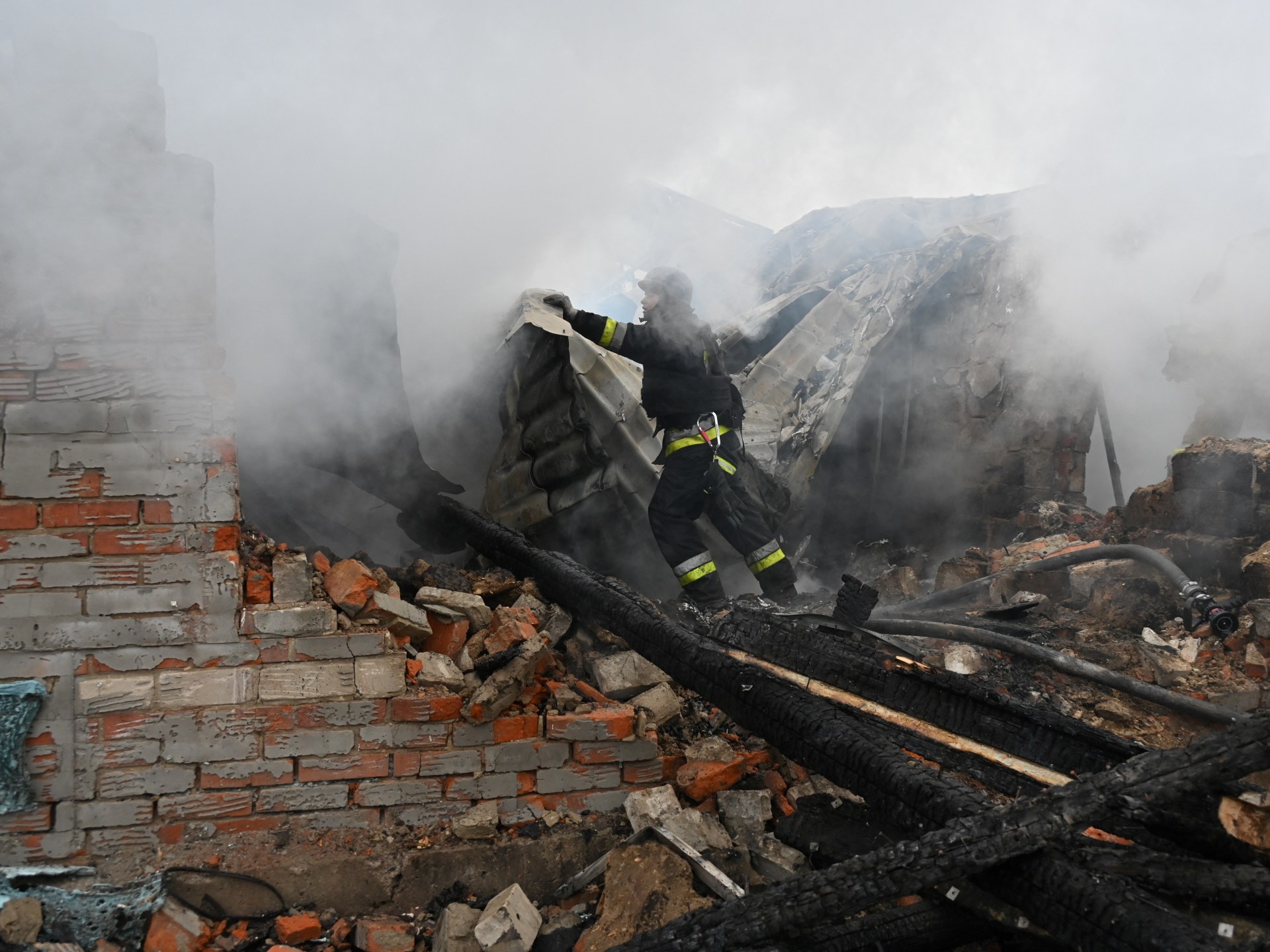
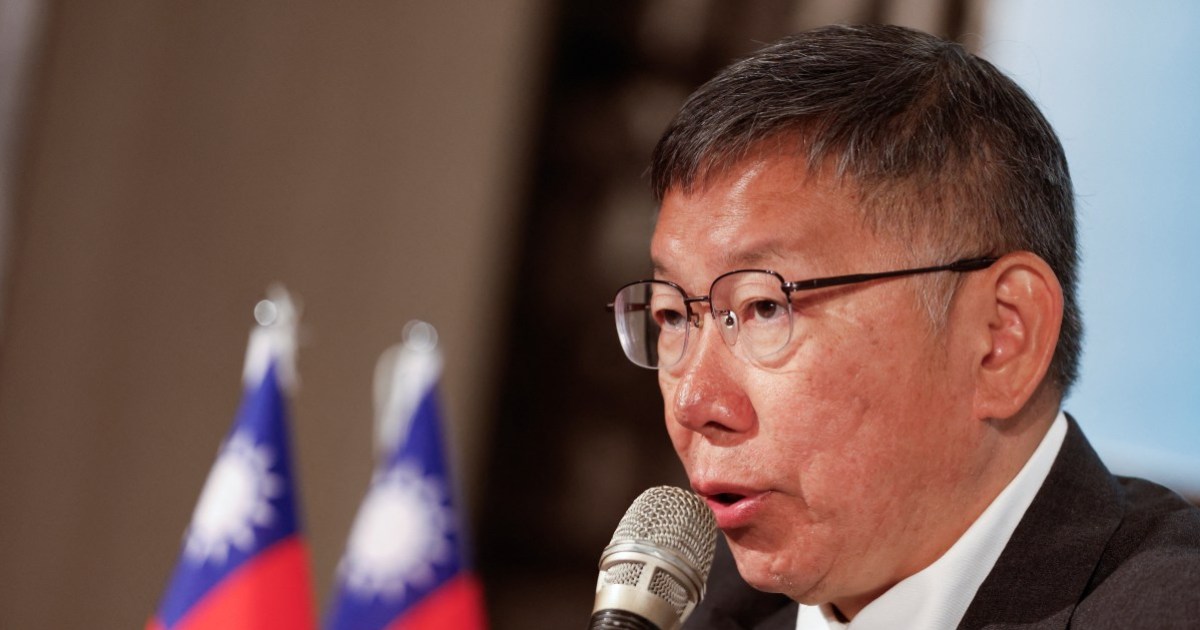

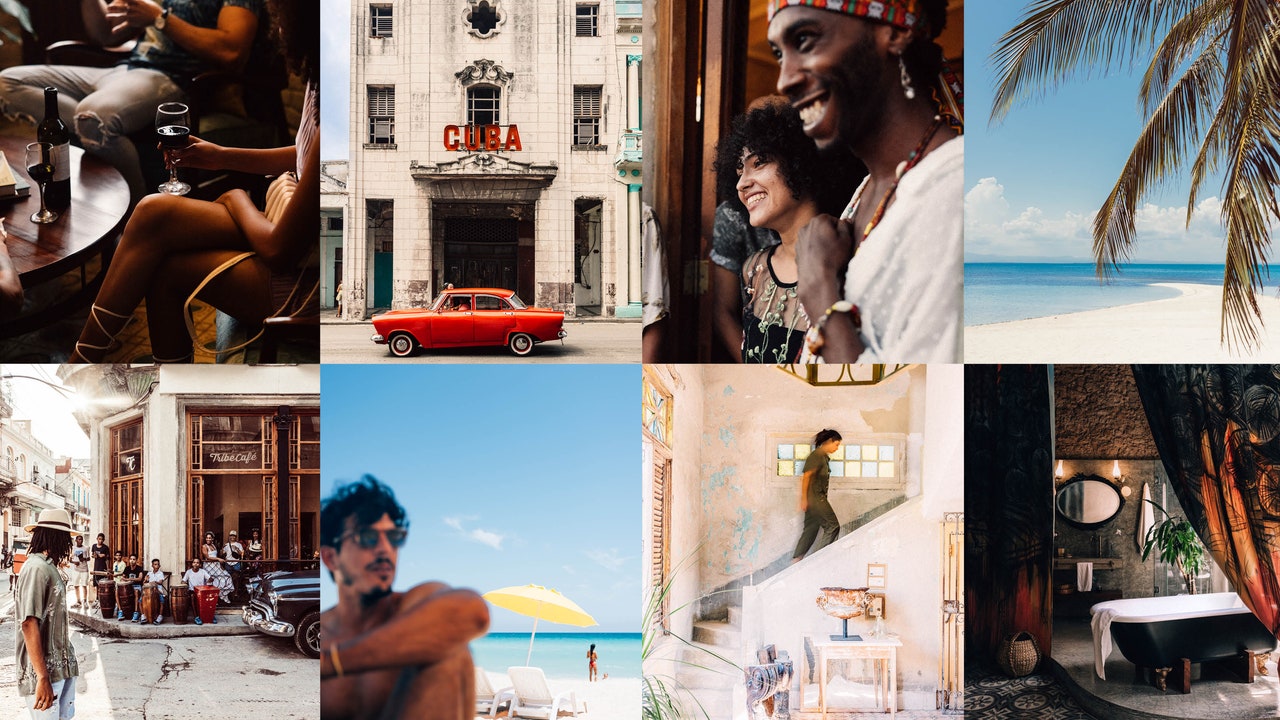
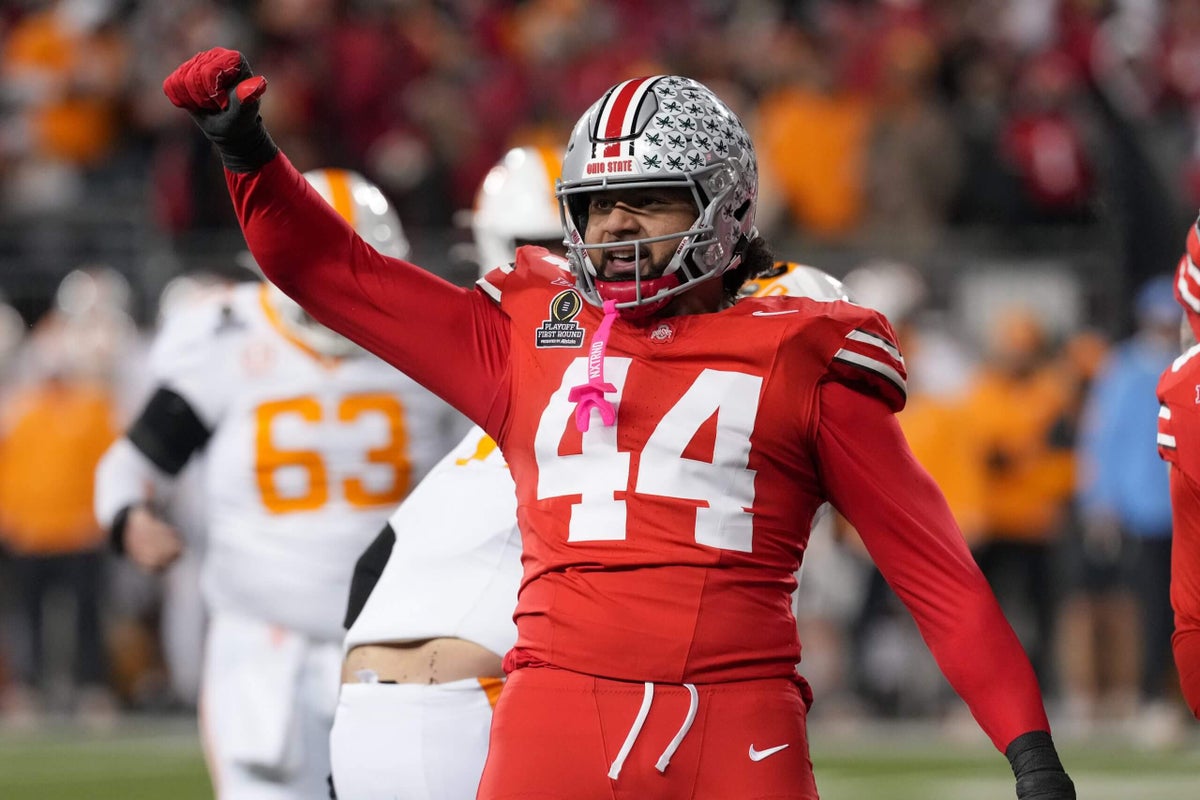
Leave a Reply